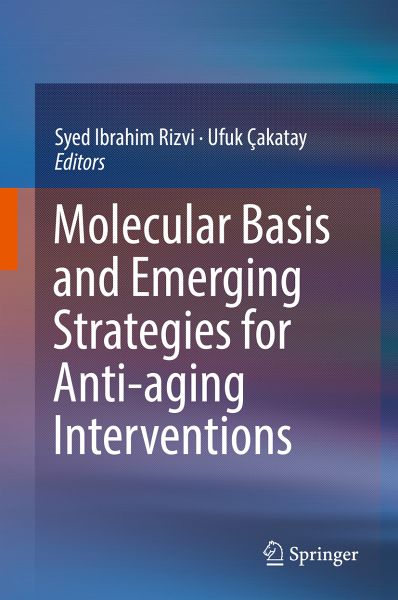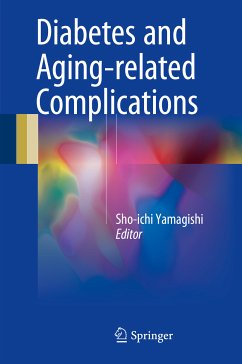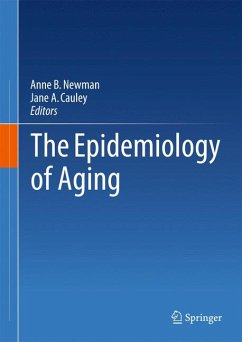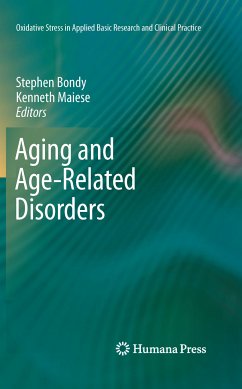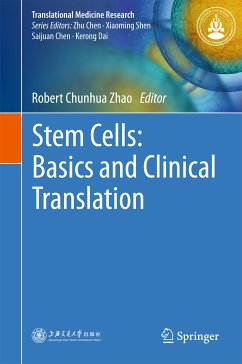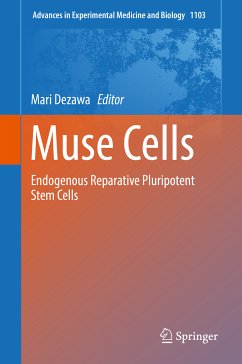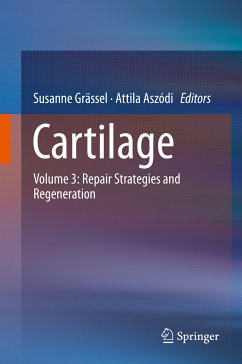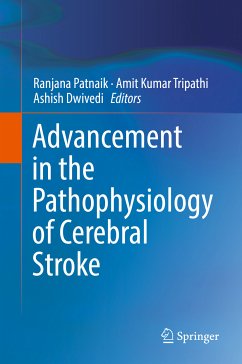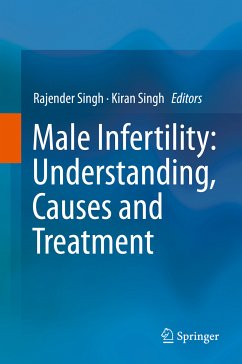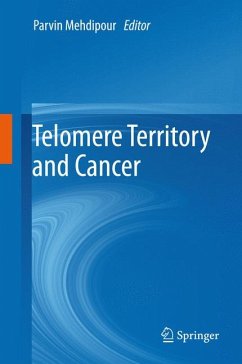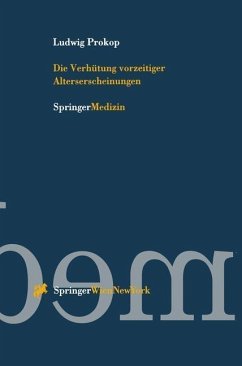Dr. Syed Ibrahim Rizvi is a Professor of Biochemistry at the University of Allahabad, India. He has been a visiting Professor at several universities including the University of Athens (Greece), University of Nice (France), University of Pisa, University of Milan, University of Rome (Italy), Istanbul University (Turkey), Research Centre for Natural Sciences, Budapest (Hungary) and Bangladesh University of Health Sciences, Dhaka. Prof. Rizvi is a grantee of the International Foundation for Science, Sweden. His research interests include aging mechanisms, anti-aging interventions, metabolic diseases, and natural products. To date, he has published 145 research papers, 10 book chapters and a large number of popular science articles. He has been awarded fellowships/grants by the European Molecular Biology Organisation (EMBO), Federation of European Biochemical Societies (FEBS), International Cell Research Organisation, Organization for the Prevention of Chemical Weapons (OPCW), the Hague (Netherlands), Department of Science and Technology, Govt. of India, and University Grants Commission, India. He has received the Young Scientist Project Award from the Department of Science and Technology, Govt. of India and was conferred the Academic Excellence Award by the University of Allahabad in 2016. Prof. Rizvi serves on the editorial/review boards of several leading research journals, and his work has been highlighted in the BBC (London) and other print and TV media. Prof Rizvi has 30 years of teaching/research experience. Dr. Ufuk Çakatay is a senior scientist at the Department of Medical Biochemistry, Cerrahpäa Faculty of Medicine, Istanbul University. Previously, he worked as an Associate Professor at the Central Laboratory of Clinical Biochemistry, Istanbul Faculty of Medicine. He graduated from the Department of Biology, Faculty of Science and received his Ph.D. degree from the Department of Medical Biochemistry, Cerrahpäa Faculty of Medicine. His research interests include the optimization of bioanalytic methods for measuring oxidative stress, experimental animal models of aging, and age-related disorders. He has a long-standing interest in various protein oxidation biomarkers such as protein carbonyl groups, protein hydroperoxides, advanced oxidation protein products, dityrosine, and nitrotyrosine. Professor Çakatay has authored more than 80 publications, which include research papers, book chapters, editorials and invited reviews on free radical biology, aging, diabetes, and biological activity of alpha-lipoic acid. He has served as a guest editor, referee or member of the editorial board for more than 50 journals. He has received various prestigious awards such as the top reviewer award from Elsevier Science Publishing (2008) and serves on Istanbul University's Committee on Animal Research and Ethics.
